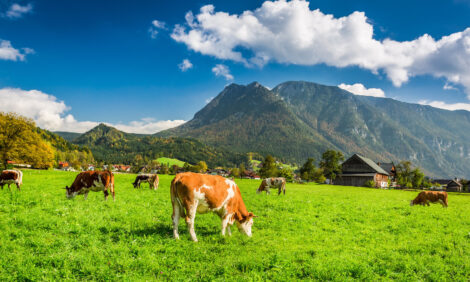



US renewable diesel production growth drastically impacts global feedstock trade
US rapidly expanding imports of animal fats, vegetable oilsDuring the past few years, the landscape for US renewable diesel production has drastically changed, akin to the growth of ethanol and biodiesel during the past two decades, according to a recent press release from the US Department of Agriculture.
Driven by federal and state policies aimed at reducing emissions, this dramatic US renewable diesel production and capacity growth is causing significant, market-altering shifts both domestically and to foreign feedstock trade. Renewable diesel, like biodiesel, is produced from the same renewable feedstocks such as vegetable oils, animal fats, or used cooking oil (UCO). The difference is that renewable diesel is produced using a hydrogen treatment which makes it chemically equivalent to petroleum diesel and can therefore be blended at higher levels and transported using existing pipelines.
As a result, the United States is rapidly expanding imports of animal fats and vegetable oils to both use as feedstocks for renewable diesel production and to backfill other feedstocks, like soybean oil, that have been diverted to renewable diesel production.
Domestically, US soybean crush expanded to produce more oil, driven by high soybean oil prices fuelling strong crush margins. While domestic demand grew, US soybean exports declined on expanding Brazilian supplies and slowing growth of global import demand.
Additionally, US soybean oil premiums rocketed so far above global vegetable oil prices that US exports plummeted, and the United States became a net soybean oil importer for the first time in 2023. Higher soybean crush is driving the opposite for meal exports, as an abundance of soybean meal, combined with drought in Argentina – the world’s largest soybean meal exporter – has boosted exports with the potential for continued growth.
While many wildcards could affect the US biofuel, animal fats, and oilseed markets, renewable diesel production is anticipated to continue to grow and alter feedstock markets. The rate of production growth, however, will be highly dependent on federal and state policies, availability of feedstocks, and sustained US soybean meal export gains.



